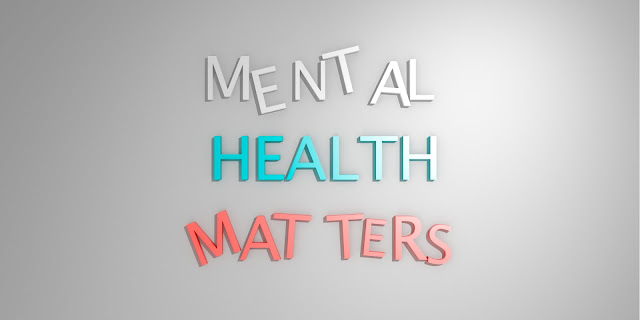SMART Recovery: What's the Difference?

Photo by Tammah Watts WHAT’S THE DIFFERENCE? By Tammah Watts We are now offering MiraCosta students a Recovery Support Group that is SMART Recovery informed and facilitated by a licensed counselor from the Health Services Department. Some of you have been asking, “What’s the difference between SMART Recovery Support Groups and 12-Step Recovery Support Groups?” First, I’d like to share with you how these programs are SIMILAR: BOTH ARE : Free Confidential Diverse Available in in-person and online formats Able to offer Verification of Attendance for legal and other needs Structured to promote learning from others with similar challenges and goals Facilitated by non-profit organizations locally, nationally, and internationally Recognized by governmental and private entities including SAMSHA, NIH, and academia Next, I’d like to share with you the primary DIFFERENCES between the two recovery support models: SMART Recovery ( S elf- M anagement A nd R ecovery T raining...


